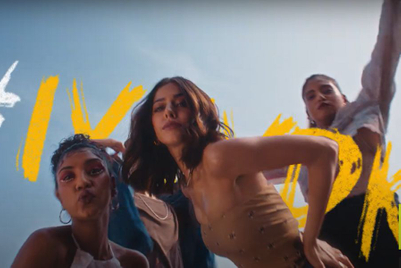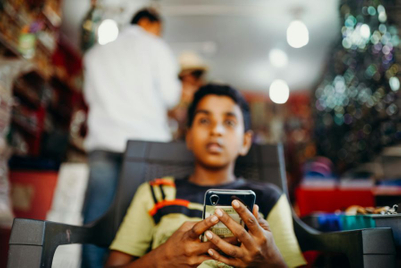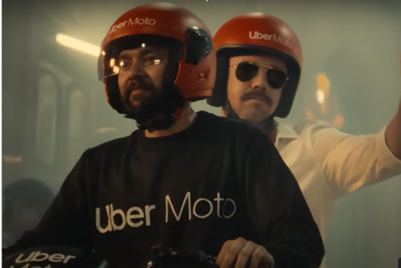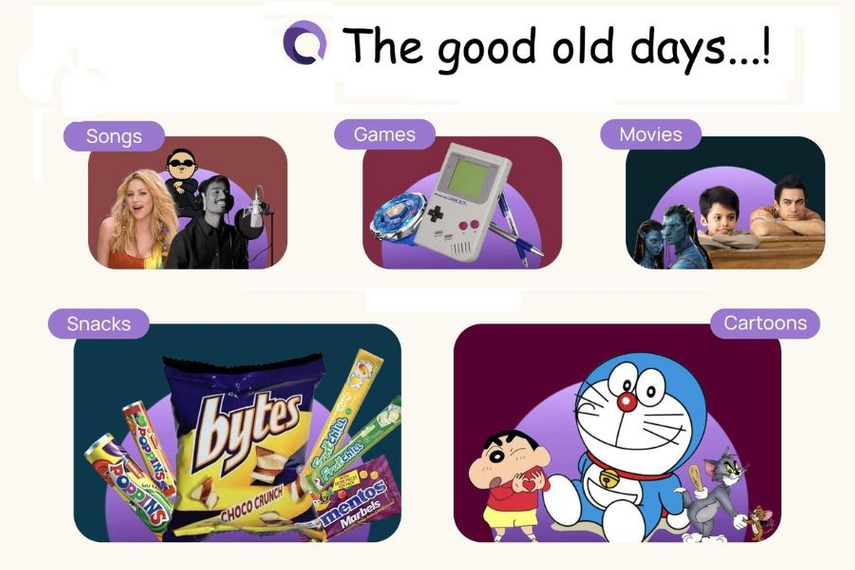
It’s a strange time to be young today.
You can talk to ChatGPT instead of calling a friend, scroll through reels instead of meeting up for coffee, and get AI-generated therapy instead of venting to a friend or sibling. Technology has made everything easier—except feeling connected.
Gen Z, despite being the most digitally plugged-in generation, is also the loneliest. A recent study found that 73% of Gen Z feel alone at least sometimes, if not always—a higher percentage than any previous generation. They grew up on the internet, but somehow, genuine human connection feels harder to come by.
And so, they turn to nostalgia.
The warmth of the past
Have you noticed a sudden revival of Goli soda and Poppins, and Campa Cola back on shelves, while grainy filters and 2000s cameras take over reels? The Gen Z is finding a way to reconnect.
Nostalgia offers comfort, a tether to simpler times before screens dominated every moment. It reminds Gen Z of childhood memories spent playing Game Boy, trading Pokémon cards, and watching Disney and Cartoon Network channel shows with friends in the same room—not over FaceTime.
When AI-generated everything is becoming the norm, nostalgia feels human. It is the reason why songs from the 2000s go viral on reels and why brands are cashing in on this deep emotional pull.
Stuck in the wrong decade?
It’s interesting—when brands target Gen Z with nostalgia, they do not look to the 2010s, even though that is when this generation came of age. Instead, they tap into the 1980s, 90s and early 2000s.
Gen Z considers nostalgia to be one of the most powerful emotional triggers in advertising. Nevertheless, the majority of the nostalgia-driven efforts made recently focused on the incorrect periods. According to the Consuma’s rapid research platform-generated report, 43% of Gen Z appreciates nostalgia in advertising. But here arises a question: Are they tapping into Gen Z nostalgia or just repurposing millennial memories?
Today, many firms still associate nostalgia with retro typefaces and vintage aesthetics to the late 1990s era. The only problem here is that they are not relating to the past that Gen Z connects with. They did not grow up with cassette tapes or traditional Bollywood superstars.
What Gen Z is nostalgic about
To capture nostalgia correctly, marketers must refrain from looking too far back. Brands must pivot to late 2000s and early 2010s references to authentically connect with Gen Z consumers who now wield significant purchasing power.
Those were Gen Z's formative years to which they relate. By understanding what moulded their recollections, brands can unlock the door to effective nostalgia marketing. So what should brand advertisers and marketers focus on? Here are a few directional tips for you to get started on the nostalgia marketing highway.
Opt for lo-fi aesthetics and hi-fi feels, including grainy 2000s digicam filters, overexposed flash photography, and Natural Density filters because memories should look like memories. Pre-algorithm gaming preferences reveal a fascinating mix of physical and digital play. Gameboy, BeyBlades, Temple Run, Subway Surfers, and the good old days of YouTube when the internet was not about going viral, just about having fun.
Similarly, the sips and bites from simpler times invoke the thrill of Campa Cola, the joy of Bytes, Poppins, Marbles, and Hippo Chips, reminding us of the freedom felt after school. Human entertainment choices reflect a unique blend of intellectual stimulation and emotional resonance. '3 Idiots' resonates deeply by addressing academic pressure and self-discovery, while global phenomena like Avatar showcase their early exposure to international blockbusters.
A time misalignment noticed in today’s nostalgia marketing represents a significant missed opportunity in connecting with India’s largest consumer demographic through their authentic nostalgic triggers.
In a world where trends come and go at lightning speed, nostalgia gives Gen Z something rare: a reason to slow down, smile, and savour the past—a feeling no algorithm can replicate.

— Abhilash Madabhushi, founder, Consuma.


.jpg&h=334&w=500&q=100&v=20250320&c=1)
.jpg&h=334&w=500&q=100&v=20250320&c=1)



.jpg&h=334&w=500&q=100&v=20250320&c=1)



.jpg&h=334&w=500&q=100&v=20250320&c=1)
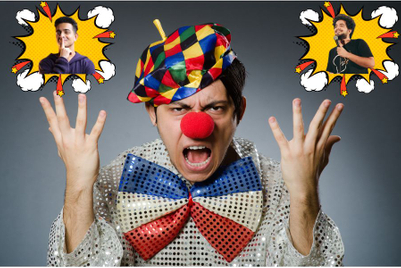
.jpg&h=268&w=401&q=100&v=20250320&c=1)
